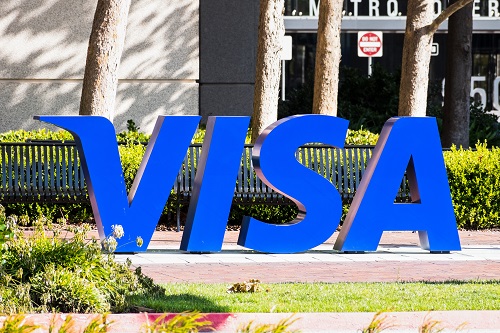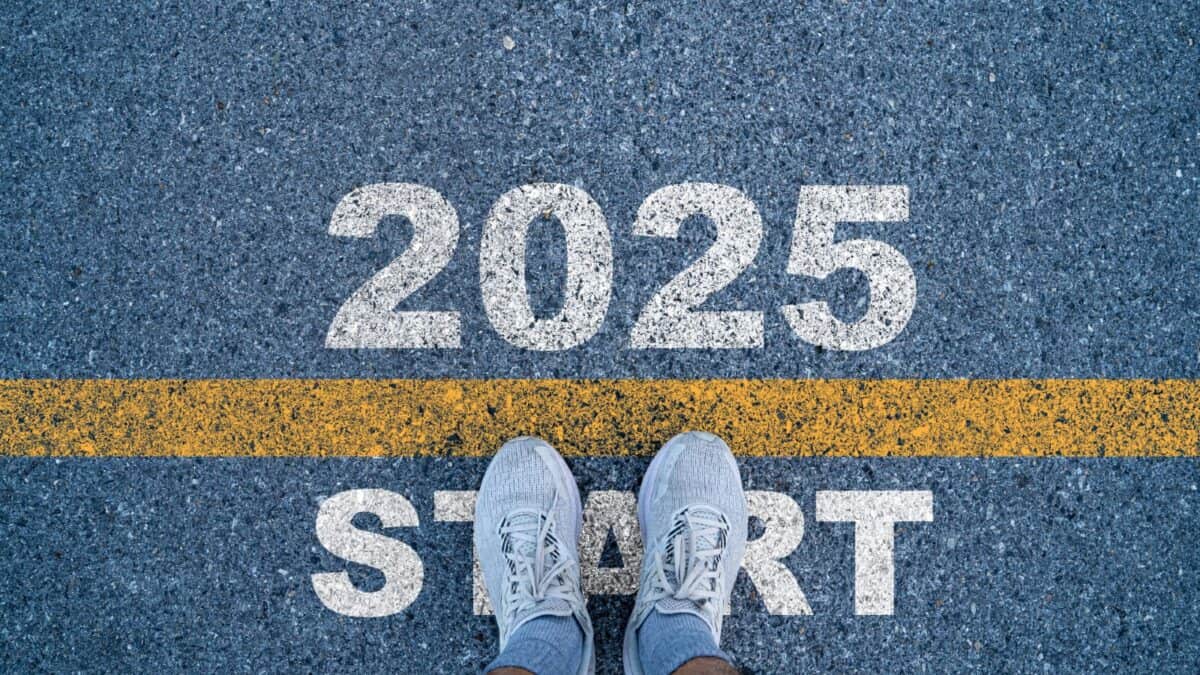Image source: Getty Images
In the UK, I’d probably say Games Workshop is my favourite growth stock. Or Ashtead Group, or maybe even Greggs. Actually, I’m undecided, so I’m happy to hold all three in my portfolio.
Across the pond, there are too many to list, given that America is the innovation capital of the world. But if I had to chose one exciting share under $10 today, I’d plump for Joby Aviation (NYSE: JOBY).
Here’s why it rocketed nearly 28% yesterday (2 October) to reach $6.14.
A cash injection
For those unfamiliar, Joby is racing to commercialise small electric aircraft capable of vertical take-offs and landings (or eVTOLs). These near-silent air taxis can take off like a helicopter yet fly like a plane, reaching a top speed of 200mph.
Its first two pre-production aircraft completed more than 1,500 flights and 33,000 miles. In 2023, it accomplished the first air taxi exhibition flight in New York City, flying from the Manhattan Downtown Heliport over the Hudson River.
Yesterday, Toyota Motors announced it will invest a further $500m in the company. It will buy two equal tranches of stock to support the certification and commercial production of the aircraft.
This takes Toyota’s total investment to $894m and extends Joby’s financial runway into 2026. Once complete, Toyota will own about 22% of the outstanding shares.
Other backers include Uber, Scottish Mortgage Investment Trust, and Delta Air Lines. Institutional ownership is strong at over 40%, suggesting confidence in the firm’s long-term prospects.
Ted Ogawa, CEO of Toyota Motor North America, said: “We share Joby’s view that sustainable flight will be central to alleviating today’s persistent mobility challenges.”
A powerful ally
In addition, Toyota is assisting in the aircraft’s manufacture, supplying powertrain and actuation components. It’s been sharing knowledge of the Toyota Production System, a key factor in helping the Japanese firm become the world’s best-selling carmaker.
Japan is a promising market for eVTOLs due to its dense urban centres, like Tokyo and Osaka. I’d imagine having Toyota in its corner won’t do any harm when navigating the regulatory approval system there.
High-risk stock
Led by founder JoeBen Bevirt, Joby aims to start its Uber-like service in the US in 2025, then Dubai (where it has secured an exclusive licence) in early 2026.
In the meantime though, it’s generating no revenue and full certification is yet to be achieved. It’s in the fourth of five stages of the process, meaning it still has milestones to hit. So regulatory risk remains, as well as production scaling challenges (though Toyota is helping here).
The company says its aircraft can travel 150 miles on a single battery charge, though heliport infrastructure will need building out to support this.
Part of my investment thesis is that Joby will gain a first-mover advantage through exclusivity on the Uber app. But what if the ride-hailing giant opens up its platform to rival operators, as it’s currently doing with autonomous taxi firms? If so, that might alter the competitive dynamics.
Still, I’m excited about the potential. Just like driverless cars, Jetsons-style air travel is moving from science fiction to reality. Morgan Stanley predicts this emerging market will become a multi-trillion-dollar opportunity in the next couple of decades.
Investing in Joby stock gives me the opportunity to get in at an early stage.
Credit: Source link













